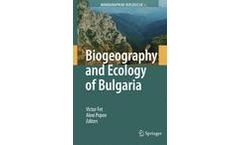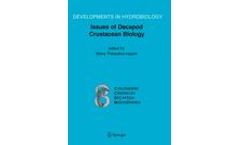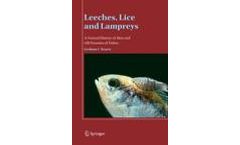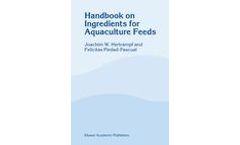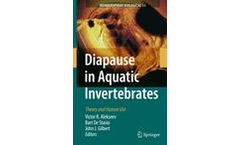Refine by
crustacean books
9 books found
Decapod crustaceans are a particularly important animal group in a variety of aquatic environments, such as freshwater, estuaries, and oceans. ...
From the single-celled organisms in the Black Sea sand to the endemic cave crustaceans, from the mountain glacial relict insects to the most diverse bird fauna in Europe, the unique fauna of Bulgaria has been a subject of study of mostly Bulgarian zoologists for more than a century. ...
Fishermen, marine aquarists, biologists studying seashore and coastal waters, and those involved in trading shellfish and even restaurateurs are aware of the great diversity of crustaceans inhabiting the seas around the British Isles, Northern Europe and the Mediterranean. Crayfishes, Lobsters and Crabs of Europe will enable the reader to identify 42 ...
This volume presents the proceedings of the eighth Colloquium Crustacea Decapoda Mediterranea, which was held at the Ionian University on Corfu Island, Greece, from 2 to 6 September 2002, and reflects recent advances in decapod crustacean research. The meeting is the oldest European carcinological event, organized regularly at 3-year intervals since 1972. ...
Some of the most dramatic examples of diapause are provided by crustaceans. Most branchiopods produce resting eggs that can withstand intense desiccation and extremes of temperature ...
Many different kinds of animals have adopted a parasitic life style on the skin and gills of marine and freshwater fishes, including protozoans, flatworms, leeches, a range of crustaceans and even some vertebrates (lampreys). There is a parasitic barnacle, described first in the 19th century by Charles Darwin, fish lice that change sex and bivalve molluscs parasitic only when ...
This Handbook aims for a better understanding of the food components that affect nutrition and feeding of cultured fishes and crustaceans. Proper utilisation of these foodstuffs can minimise environmental pollution and degradation. ...
This Handbook aims for a better understanding of the food components that affect nutrition and feeding of cultured fishes and crustaceans. Proper utilisation of these foodstuffs can minimise environmental pollution and degradation. ...
Dormancy is a suspension of the vital functions in an organism to overcome harsh environmental conditions, and sometimes can last for centuries. It is a widespread adaptation in many phyla, ranging from bacteria to vertebrates, and may exert a great influence on aquatic communities. Contributors to this new book are leaders in the field of diapause studies, and many authors were participants at ...


